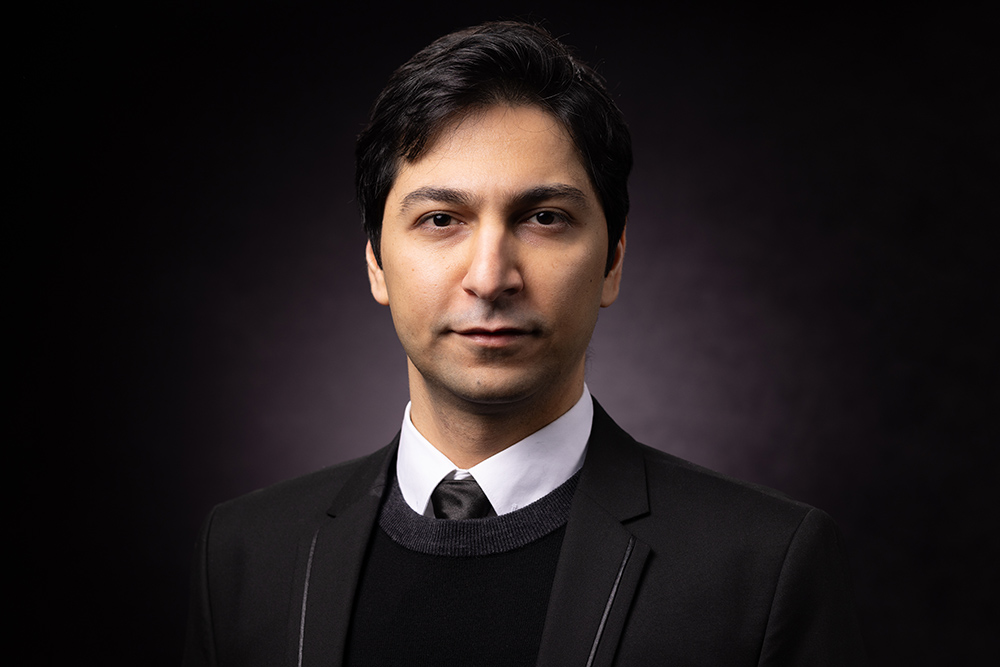Davarnia receives NSF CAREER award, his second early career award in two years


Danial Davarnia, assistant professor of industrial and manufacturing systems engineering, has received a National Science Foundation (NSF) CAREER Award for research of efficient scalable methods for solving large-scale network optimization problems.
This is Davarnia’s second early career award in two years. He received a Young Investigator Program (YIP) Award from the Air Force Office of Scientific Research for mathematical optimization research in 2023 for his proposal titled “A Novel Graphical Method to Globally Solve Mixed-Integer Nonlinear Programs.” The award is for $450,000 over three years.
The CAREER Award is the NSF’s most prestigious honor to support junior faculty.
Davarnia’s CAREER project is “Novel Parallelization Frameworks for Large-Scale Network Optimization with Combinatorial Requirements: Solution Methods and Applications.” The award’s total value is $506,032 beginning January 1, 2024 for an estimated five-year period.
Davarnia and his research team will pursue fundamental understanding of network elements that can be modeled more effectively through novel parallelization frameworks, the goal being cost-efficient and structurally robust networks.
Large-scale network optimization problems, which appear in train scheduling, information infrastructure, and telecommunication network design, often involve complex structures making optimal solutions challenging for realistic problem sizes. Recent advances in multi-core and cluster computing create exciting opportunities to develop new approaches to enhance the scalability of optimization methods.
Davarnia’s research aim is to develop a new graph-based parallelization framework to solve large-scale network optimization problems with combinatorial requirements. The developed methods will be applied to the unsplittable network flow problem in unit train scheduling, load balancing, bandwidth allocation, and survivable network models to optimize solution time and quality.
As part of his CAREER project, Davarnia intends to boost engagement in STEM education by developing gaming tools aligned with optimization concepts and distributing them through appropriate K-12 and college-level channels. He has special interest in providing opportunities for all students.
The project is funded by NSF’s Division of Civil, Mechanical and Manufacturing Innovation (CMMI).
Davarnia holds a Ph.D. in industrial and systems engineering from University of Florida and an M.S. & B.S. in industrial engineering from Sharif University of Technology. His research interests include deterministic optimization, stochastic optimization, and application.